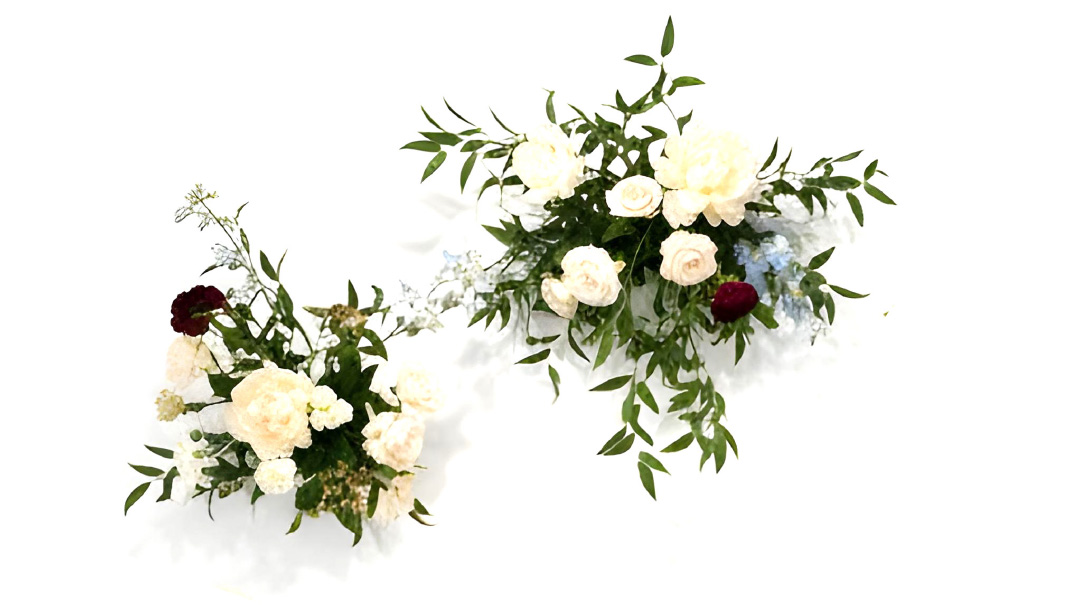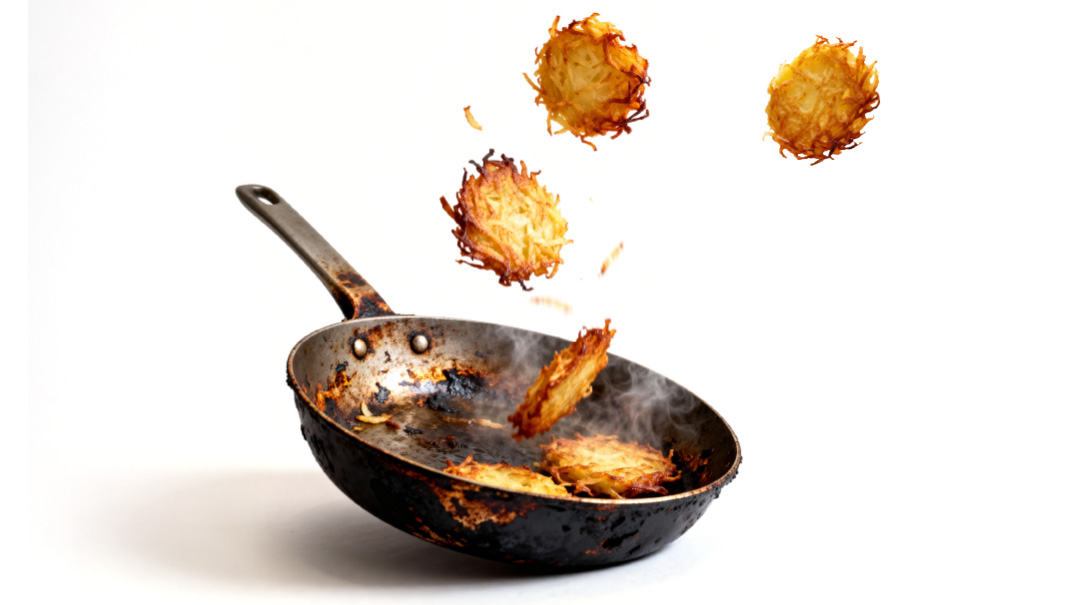Will to Believe
| May 30, 2023While I groped for ways to climb out of the slump, I didn’t have the luxury of emotional space to figure out how to move forward

As told to Leba Friedman
It was just after the shloshim for my mother, and reality was setting in. While in deep mourning and very much still processing our loss, my siblings and I had to take care of many important details, such as going through her house and executing her will.
Over this period of her death, I was feeling a bit low and unconnected spiritually. While I groped for ways to climb out of the slump, I didn’t have the luxury of emotional space to figure out how to move forward. There was too much to do.
My mother’s will contained some complicated conditions, which dragged out the distribution of her assets and made it more expensive than it needed to be. We wanted to respect her last wishes, but we thought there must be a way to simplify the instructions she’d left us. A call to our lawyer, however, confirmed what we’d all dreaded hearing: “You can change it, but you’ll need the original will, not a copy of it, in order to do anything.”
My mother was a person who valued — how shall we say it — stuff. The house in which she’d lived alone had 13 rooms, each one of them quite literally filled to the brim. There were books of all kinds, clothing she’d bought for this one or that one, knickknacks she was saving for her grandchildren, gifts she’d bought or received. Mom’s collection had accumulated over many years. Never once had she had a “decluttering session” or a garage sale. She parted with only a select few possessions and only at rare intervals.
One thing my mother never, ever threw away was papers. “Just in case,” she’d say. But she didn’t organize them, either. Every so often, she’d gather every paper from every surface, put it all together — important documents, old paperwork, letters, pictures, bills, grocery lists — and stick it in a shopping bag, tie it up, and mark it with a Sharpie: “VIP” (very important).
Another interesting habit she had was hiding cash. She’d stick $10 or $20 bills in odd places, sometimes inside an envelope, more often than not in an old pill bottle or a folder with a thousand other papers. Even if we wanted to throw out the many plastic bags of papers, we knew we shouldn’t, as there might be significant sums of cash inside.
We’d have to go through everything, bit by bit.
Although I was planning on coming to my mother’s neighborhood in a few months for an extended stay, when I’d help my sisters pack up the house, conduct an estate sale, and do the proper job of saving what was valuable, a business trip had brought me there now, just after her shloshim. I decided that in the small window of time after my business meeting and before my flight, I’d start going through some of her things, pack them into boxes, and move them to my sister’s house who lived nearby so we could sell them at a later date.
I stood outside my mother’s house, loading boxes into my car, when a thought came to me. Why not just take a quick look for the will? It was a ridiculous notion. How could I begin to look for the will among 13 rooms of stuff? But I pushed away the voice in my head and decided to start with the bags of papers I’d stuffed into my trunk. I went through one bag, found $10, stuck it in my pocket, and looked at my watch. I was going to be late for my flight if I didn’t move fast.
And then I froze.
Wait a second. I didn’t get this money for nothing.
I quickly pulled out the $10 bill, wrote “for tzedakah” on it, and then pulled out the tefillah for lost items from Rabi Meir Baal Haneis I always carried with me. I said it carefully, the familiar words rolling off my tongue, even as I started to stress about getting to the airport. I put the tefillah card back in my pocket and decided to take another look.
I took out the bag nearest to me, noting that it didn’t have a “VIP” written on it like all the others. I had no time to think, I just opened it up and pulled out the papers.
There, sitting on the top of the stack, in plain black-and-white, was the original, handwritten will my mother had penned many years ago.
A wave of warmth flooded through me, as I felt Hashem’s tangible love, His direct answer to the tefillah I’d offered only moments before. In a time of mourning, confusion, and pain, here He was giving me a hug that said, Don’t throw away anything, even your smallest efforts to connect to Me. You’re too much of a VIP.
(Originally featured in Family First, Issue 845)
Oops! We could not locate your form.







